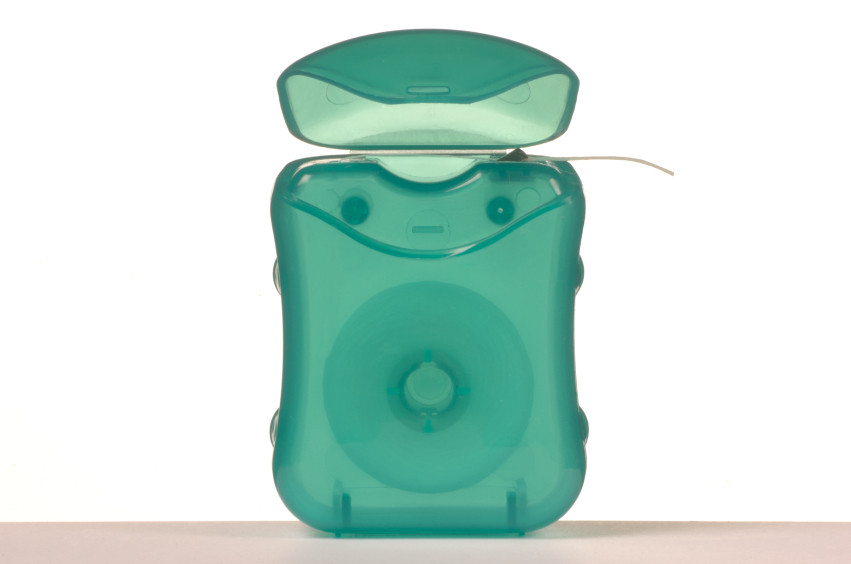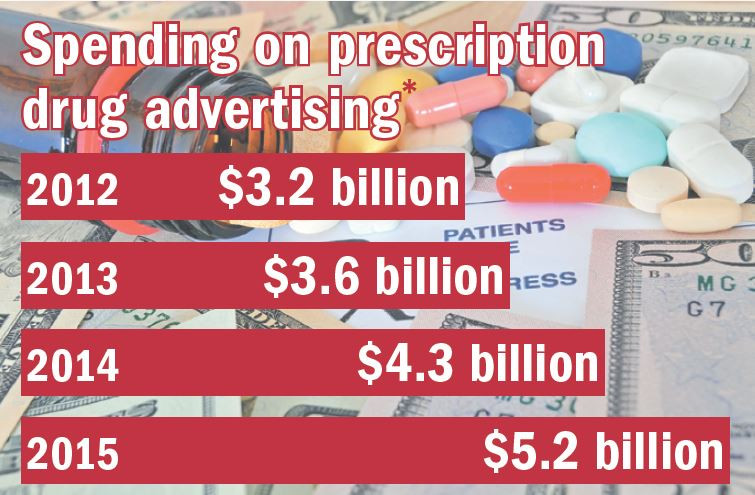
5 timeless habits for better health

What are the symptoms of prostate cancer?

Is your breakfast cereal healthy?

When pain signals an emergency: Symptoms you should never ignore

Does exercise give you energy?

Acupuncture for pain relief: How it works and what to expect

How to avoid jet lag: Tips for staying alert when you travel

Biofeedback therapy: How it works and how it can help relieve pain

Best vitamins and minerals for energy

Should you take probiotics with antibiotics?
Staying Healthy Archive
Articles
Emergencies and First Aid - Heimlich Maneuver on an Adult
Heimlich Maneuver on an Adult
| ||||
Emergencies and First Aid - Heimlich Maneuver on a Child
Heimlich Maneuver on a Child
| ||
Emergencies and First Aid - Heimlich Maneuver on an Infant
Heimlich Maneuver on an Infant
| ||||
What you can learn from wellderlies
Some people live long lives with no disease or serious illness. What can they teach you about healthy living?
Image: Creatas | Thinkstock /Thinkstock
You won't live forever, but it may be possible to live a long and maybe disease-free life by following the lead of "wellderlies."
This is a term to describe a special group of people who have reached ages 90 to 100 without having any major health issue or disease. And if they do get sick, it often happens late in their life and a short period before death.
Ask the doctor: Do I really need to floss every day?
Ask the doctor
Q. I recently read an article claiming that flossing your teeth is a useless activity. Is this true? Should I not do it anymore?
A. Last year, the U.S. government's dietary guidelines dropped the recommendation for regular teeth flossing. This action was not due to any new research refuting the benefit, but rather the fact that the existing research did not meet current standards for "proof" of benefit.
Ask the doctor: Should I continue aspirin therapy if I do not have heart problems?
Aspirin therapy can help prevent a second heart attack and stroke, but for otherwise healthy older men, its use depends on their 10-year risk for a heart attack or stroke as determined by their doctor.
Get cooking at home
Sharpening your culinary skills (or developing new ones) can improve your diet, nutrition, and social life.
Image: gpointstudio/iStock
We tend to cook less as we age. Why cook when you can zap something in the microwave, pour something ready-to-eat into a bowl, or speed-dial for takeout? But this quick-eating trend has made many men adopt diets that put them at risk for weight gain, heart disease, and diabetes.
"Many older men have never developed or have lost touch with kitchen skills, and thus have become too dependent on processed and prepared foods," says Dr. David Eisenberg, of the Department of Nutrition at the Harvard T.H. Chan School of Public Health.
Do not get sold on drug advertising
Prescription drug ads are a multibillion-dollar industry that promotes treatments you may or may not need. Here's how to use that information to your advantage.
Ads for prescription drugs are everywhere. You can't watch a sporting event without seeing an ad touting a treatment for erectile dysfunction, high cholesterol, high blood pressure, or joint pain.
Drug marketing is a big business, and companies are willing to spend a lot of money to offer you an easy solution to a health problem you may or may not have. From 2012 to 2015, yearly spending on prescription drug advertising in all media outlets (except digital) rose from $3.2 billion to $5.2 billion, and that figure is expected to only go up.
Help with online health
Frustrated by medical and health care websites? New research suggests seniors don't use this health technology like they should, but it may not be their fault.
Image: © BananaStock/Thinkstock
It's said that you can find just about anything on the Internet. Yet when it comes to finding information about health, many seniors are at a loss.
"Few seniors are using digital health technology," says Dr. David Levine, of Harvard-affiliated Brigham and Women's Hospital, who specializes in medical technology information.
HIT workouts may boost exercise motivation
High-intensity interval training may be more enjoyable than moderate continuous exercise and may help sedentary adults stay motivated when doing new workouts.

5 timeless habits for better health

What are the symptoms of prostate cancer?

Is your breakfast cereal healthy?

When pain signals an emergency: Symptoms you should never ignore

Does exercise give you energy?

Acupuncture for pain relief: How it works and what to expect

How to avoid jet lag: Tips for staying alert when you travel

Biofeedback therapy: How it works and how it can help relieve pain

Best vitamins and minerals for energy

Should you take probiotics with antibiotics?
Free Healthbeat Signup
Get the latest in health news delivered to your inbox!
Sign Up







